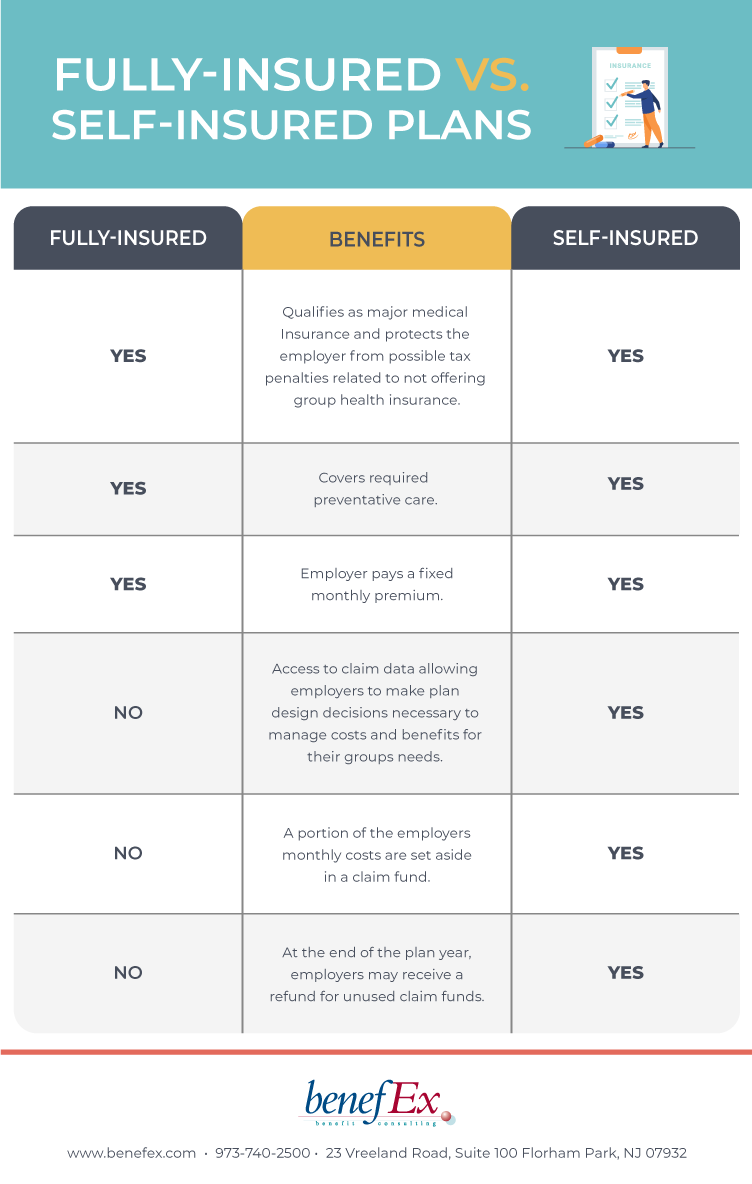
Medicaid is the government-funded insurance program that provides coverage for people with low incomes, seniors, and those with disabilities. This program provides health care coverage for low-income individuals, and it also helps pay for nursing home care. A fair hearing can be requested if Medicaid has been denied to you or someone close to you. Either you will be able to represent yourself, or you may hire an attorney who will speak on your behalf. It doesn't matter how you choose to represent yourself at the hearing, you will still need to submit a letter detailing your appeal. You should send it to the South Carolina Department of Health and Human Services within ten days of receiving your initial denial. The state department will examine the case and decide whether you should keep receiving Medicaid benefits.
Medicaid is a government funded health insurance program for the elderly, disabled and low-income.
South Carolina Medicaid, a government-funded program, provides coverage for low-income people, families and the elderly. The program has a long history and has expanded significantly since it was created in 1965. The Federal and State governments have made many changes to the program in order to ensure that it remains successful. Medicaid was the nation's largest health insurance program and covered more people than 33 million in 1997.
Medicaid, a government-funded plan for health insurance that covers low-income residents, provides free healthcare. To qualify, applicants must reach 65 years or more and fulfill certain requirements. The program covers 90% of the cost of a person's health care and pays for up to 10% of the cost of medication and doctor visits.

It pays to have nursing home care
Medicaid is a federal program that covers nursing home care for those who are eligible. In South Carolina, Medicaid pays for nursing home care through its Community Choices Waiver program. The program offers services similar to those provided by nursing homes, but allows residents to access certain services from their own homes. These services could include personal and nursing care. Medicaid will sometimes cover adult children of parents who have died. These caregivers must pass background checks. They can only be paid for their time.
Certain criteria are required to determine if you meet the eligibility requirements for Medicaid in South Carolina. You must first meet certain income or resource limits. Second, you must be a permanent resident of the State. Additional requirements include being at least 65 and a citizen of United States. Also, certain medical conditions must be met in order to receive the care you need. You will need to be able to receive the care for at minimum 30 days.
It has penalties for fraud
You have probably heard of South Carolina's penalties for fraud if your Medicaid beneficiary is from South Carolina. Fraud is a major concern for Medicaid in the state. The Medicaid fraud control unit at the South Carolina Attorney General's Office works closely with auditors and investigators to investigate and prosecute fraudulent claims. The attorneys in this unit are experienced in these types of cases and have a strong understanding of the laws and procedures surrounding them.
Medicaid providers in South Carolina may face administrative or criminal penalties for fraud. This law, which has severe penalties for Medicaid providers, applies to fraud in a variety of ways. These include the misrepresentation and abuse of financial information. Additionally, Medicaid fraud penalties ensure that victims of fraud receive full restitution.

There is an appeals process
If you have been denied Medicaid in South Carolina, you may request a fair hearing. Either you can speak for yourself or hire an advocate to represent you. To appeal, you must complete the request for fair hearing form and submit it to the Department of Health and Human Services. The hearing officer will review your application and make a decision. This decision will be sent to you by mail. The decision will provide details as to why you were denied service.
First, submit the SCDHHS-CR Form with all required documentation for review. You have 30 days from the date of the denial to submit an appeal. An appeal cannot be granted if you are not able submit the necessary documentation. This is why you need to submit your claim again.